A Cultural Journey Through Rwanda: Music, Dance, and Daily Life
Experience Rwanda's rich culture through Intore dance performances, Imigongo art, traditional coffee ceremonies, and authentic Rwandan cuisine.
blogPosts.culturalJourneyRwanda.intro
💃 Intore Dance: The Warrior Dance of Rwanda
Intore, meaning 'the chosen ones,' is Rwanda's most iconic traditional dance, performed by warrior dancers who showcase strength, agility, and pride. The dance, traditionally performed to celebrate victories and honor the king, features rhythmic drumming, athletic movements, and colorful traditional costumes. Today, Intore performances can be experienced at cultural centers throughout Rwanda, including the Kandt House Museum in Kigali and the Iby'Iwacu Cultural Village near Volcanoes National Park. The performance typically includes multiple dance styles, each telling stories of Rwanda's history, from hunting traditions to royal ceremonies. Watching Intore is a powerful, energetic experience that connects visitors to Rwanda's pre-colonial heritage.
🎵 Traditional Music and Drumming
Rwanda's musical traditions are deeply rooted in the country's history and social structures. Traditional drumming, particularly the Ingoma drums, has been central to Rwandan ceremonies and celebrations for centuries. The Ingoma ensemble, consisting of multiple drummers creating complex rhythms, is recognized by UNESCO as an Intangible Cultural Heritage. Modern Rwandan music blends traditional elements with contemporary influences, creating a vibrant music scene that visitors can experience at festivals, cultural centers, and local venues. Traditional instruments like the inanga (string instrument) and umuduri (traditional bow) continue to be played and taught, preserving Rwanda's musical heritage for future generations.
🎨 Imigongo: Rwanda's Unique Cow Dung Art
Imigongo is a distinctive Rwandan art form dating back 200 years, traditionally created by women using cow dung mixed with natural pigments. The art features bold geometric patterns in black, white, and red, originally used to decorate house walls. Today, Imigongo is created on wooden boards and canvas, with artisans preserving traditional patterns while also creating contemporary designs. Visitors can watch Imigongo being made at cultural villages and purchase authentic pieces directly from artists. The Imigongo Cooperative in Nyakarambi offers workshops where visitors can try their hand at creating their own Imigongo art, supporting local artisans while learning about this unique cultural tradition.
☕ Coffee Culture and Traditional Ceremonies
Rwanda produces some of the world's finest specialty coffee, and the traditional coffee ceremony is an important social and cultural ritual. The ceremony, which can take up to an hour, involves roasting green coffee beans over a charcoal fire, grinding them with a traditional mortar and pestle, and brewing the coffee in a traditional pot. The ceremony is accompanied by storytelling and conversation, representing hospitality and community connection. Visitors can experience traditional coffee ceremonies at coffee cooperatives in Musanze, Gisenyi, and Huye, where they'll learn about Rwanda's coffee culture from bean to cup. Many cooperatives offer tours of coffee plantations, demonstrations of traditional processing methods, and tastings of Rwanda's award-winning coffee.
🍽️ Rwandan Cuisine: A Taste of Tradition
Rwandan cuisine reflects the country's agricultural heritage, featuring fresh, locally-sourced ingredients prepared with traditional methods. Staple foods include isombe (cassava leaves with eggplant), ibihaza (pumpkin mixed with beans), and brochettes (grilled meat skewers), often served with ugali (maize porridge) or plantains. Traditional restaurants in Kigali, such as Repub Lounge and Heaven Restaurant, offer authentic Rwandan meals. For a true cultural experience, visitors can participate in cooking classes where they learn to prepare traditional dishes using local ingredients and methods. Markets like Kimironko Market in Kigali offer opportunities to see fresh produce, spices, and ingredients that form the basis of Rwandan cooking.
🏛️ Traditional Crafts and Artisan Workshops
Rwanda has a rich tradition of handicrafts, including intricate woven baskets (agaseke), colorful fabrics, pottery, and woodcarving. The agaseke baskets, traditionally made by women and used for gift-giving during weddings, are now recognized as a symbol of peace and reconciliation. Visitors can watch artisans at work and purchase authentic crafts at markets, cooperatives, and cultural centers. The Rwanda Art Museum in Nyanza showcases contemporary Rwandan art alongside traditional crafts. Craft cooperatives throughout the country offer workshops where visitors can learn traditional techniques, supporting local artisans while creating their own souvenirs.
🏘️ Community-Based Tourism and Village Visits
Community-based tourism allows visitors to experience daily life in Rwandan villages, participating in traditional activities and interacting with local families. Activities might include working in the fields, preparing traditional meals, learning local crafts, or joining community gatherings. The Iby'Iwacu Cultural Village near Volcanoes National Park offers immersive experiences including traditional housing, village life demonstrations, and cultural performances. These visits provide authentic cultural exchange while directly benefiting local communities, supporting schools, health clinics, and infrastructure projects. The experience offers insight into modern Rwandan life and the country's focus on unity and development.
📚 Language and Storytelling Traditions
Kinyarwanda, Rwanda's national language, is central to the country's cultural identity. While English and French are also official languages, learning a few Kinyarwanda phrases enhances cultural interaction. Traditional storytelling, passed down through generations, preserves Rwanda's history, folklore, and wisdom. Visitors can experience storytelling sessions at cultural centers, where elders share traditional tales that offer insight into Rwandan values, beliefs, and worldview. The oral tradition remains important in Rwandan culture, with stories serving as both entertainment and education.
🎭 Modern Cultural Expressions
Contemporary Rwandan culture blends traditional elements with modern expressions, creating a vibrant arts scene. Kigali hosts numerous cultural events, festivals, and art exhibitions throughout the year. The Kwita Izina (Gorilla Naming Ceremony) is an annual celebration combining conservation with cultural performances. The Rwanda Film Festival showcases local and international cinema, while the Ubumuntu Arts Festival brings together artists from across Africa. Galleries, theaters, and cultural centers in Kigali offer visitors opportunities to experience modern Rwandan creativity while supporting local artists and performers.
blogPosts.culturalJourneyRwanda.conclusion
 Author
AuthorParker Willy
Finanappreciate your trust greatly Our clients choose dentace ducts because know we are the best area Awaitingare really.Seorem.
Post a comment
Your email address will not be published. Required fields are marked *
